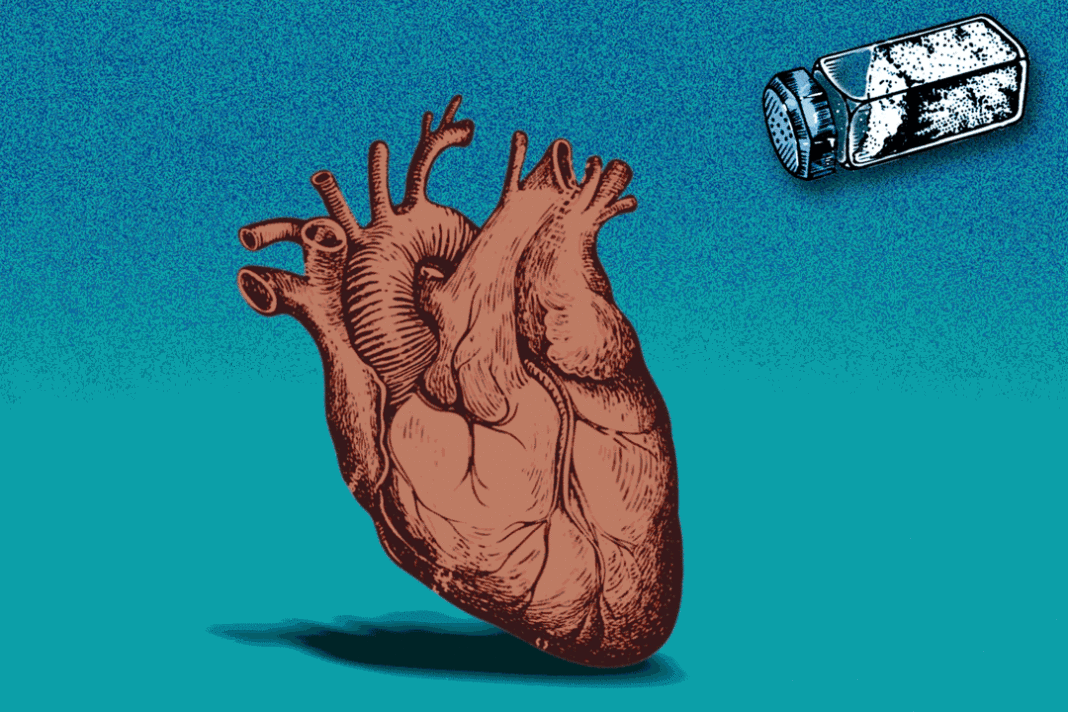
The detrimental effects of high salt intake on the heart are undeniable, but surprisingly, consuming too little salt can also increase heart disease risk.
We are constantly reminded of the dangers of consuming too much salt. However, some people may be unknowingly deficient in salt while simultaneously trying to reduce their salt intake—which could be as harmful as overconsumption.
The Importance of Salt
Salt has been used since ancient times for food preservation and seasoning. Ancient people obtained salt by boiling spring water rich in minerals. In fact, some of the world’s oldest known salt mines can be traced back to around 6,000 BC.
The term “salary” originates from the Latin word “salarium,” which referred to the allowance given to Roman soldiers to purchase salt, reflecting the importance of salt in daily life. Throughout human history, certain wars and the rise and fall of cities have been closely linked to salt.
However, when it comes to salt, our immediate thoughts are often, “I shouldn’t consume too much,” “It causes high blood pressure,” or “It is bad for my heart.” In reality, salt is indispensable for our life functions.
The scientific name for table salt is sodium chloride, the primary sodium source in the diet.
“Sodium is really what we need to maintain our life functions,” Cindy Chan Phillips, a registered dietitian, told The Epoch Times. “Sodium is one of the electrolytes. Without that, we will die.”
As an essential nutrient in the human body, sodium regulates the balance of fluids and electrolytes, keeping blood pressure within a healthy range. Ms. Phillips described sodium as a sponge that can absorb and carry water. “Where sodium goes, water goes,” she said.
Sodium is also responsible for the transmission of signals in muscle and nerve cells. “Without the adequate level of sodium, our nerve cells will fail to fire,” explained Ms. Phillips. Sodium also allows our muscles to contract when we need them to contract and relax when we need them to relax. “Our heart and our lungs are also muscles, too. For a heart to pulse, it also needs to know when to contract and relax by itself.”
The chloride ions in table salt are essential components of stomach acid. In other words, the secretion of digestive fluids also requires salt.
By Flora Zhao








